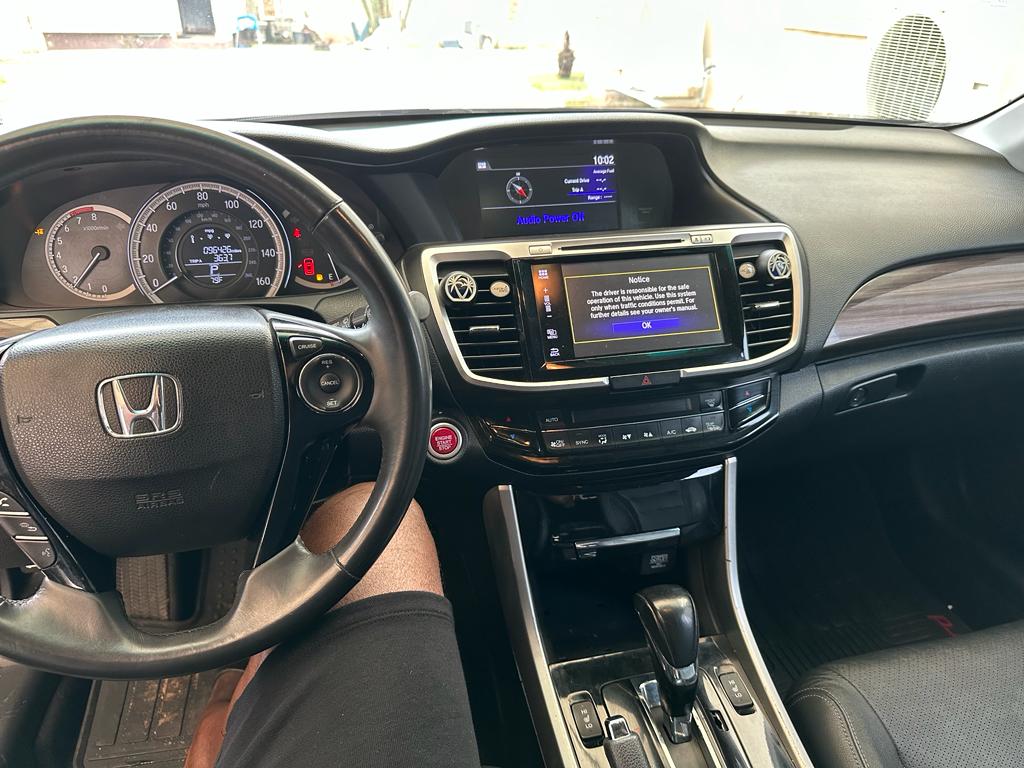Saving fuel consumption
If you are looking for ways to reduce your fuel consumption and save money on gasoline, you might want to consider changing some of your driving practices to achieve your goal. Driving a car efficiently is not only good for your wallet, but also for the environment and your safety. Implementing these practices can help you improve your car’s fuel economy and reduce overall fuel consumption. Here are some tips to drive more fuel efficiently.
Car catalytic converters also contribute to fuel efficiency and engine performance by reducing back pressure and enhancing combustion. Fuel efficiency primarily depends on various other factors related to the engine, driving habits, and vehicle maintenance. Some key factors that can impact fuel efficiency include: Engine Design and Technology, Vehicle Weight and Aerodynamics, Driving Habits, Proper Vehicle Maintenance, Tire Pressure, Use of Accessories like AC and heaters.
For the purpose of this post we shall only discuss the driving practices to saving fuel while driving.

Saving fuel while driving
Smooth Acceleration and Deceleration:
Avoid rapid acceleration and braking. Gradually press the gas pedal to accelerate and anticipate stops to decelerate smoothly. Sudden accelerations and hard braking waste fuel.
Maintain a Steady Speed:
Use cruise control on highways when possible to maintain a constant speed. This helps reduce unnecessary fluctuations in fuel consumption.
Observe Speed Limits:
Driving at moderate speeds within the legal limits is more fuel-efficient. Higher speeds result in increased aerodynamic drag and higher fuel consumption
Avoid Idling:
If you’re going to be stationary for more than a minute or two, consider turning off the engine. Idling consumes fuel without moving the vehicle.
Plan Your Trips:
Combine errands and plan your trips efficiently to minimize driving distance and time. Avoid unnecessary trips and try to accomplish multiple tasks in a single outing.
Use Air Conditioning Wisely:
Running the air conditioning puts more load on the engine and increases fuel consumption. Use it judiciously, and when driving at lower speeds, consider using the car’s ventilation system instead.
Keep Tires Properly Inflated:
Underinflated tires create more rolling resistance, leading to reduced fuel efficiency. Regularly check and maintain the recommended tire pressure.
Remove Excess Weight:
Remove unnecessary items from the car, especially heavy ones. Extra weight reduces fuel efficiency.
Service and Maintain the Car:
Regularly service the vehicle as per the manufacturer’s recommendations. A well-maintained car runs more efficiently.
Use Higher Gear:
When driving at higher speeds, use higher gears to maintain a lower RPM (revolutions per minute). This reduces the strain on the engine and improves fuel efficiency.
Avoid Roof Racks and Carriers:
Roof racks and carriers create aerodynamic drag and decrease fuel efficiency, especially at higher speeds. Remove them when not in use.
Drive Smarter:
Be a smart and defensive driver. Look ahead, anticipate traffic flow, and make decisions that allow for smoother driving.
Remember that individual driving styles, road conditions, and vehicle types can also affect fuel consumption. By adopting these fuel-efficient driving habits and maintaining your car properly, you can make a positive impact on your fuel economy and reduce your overall fuel costs.





